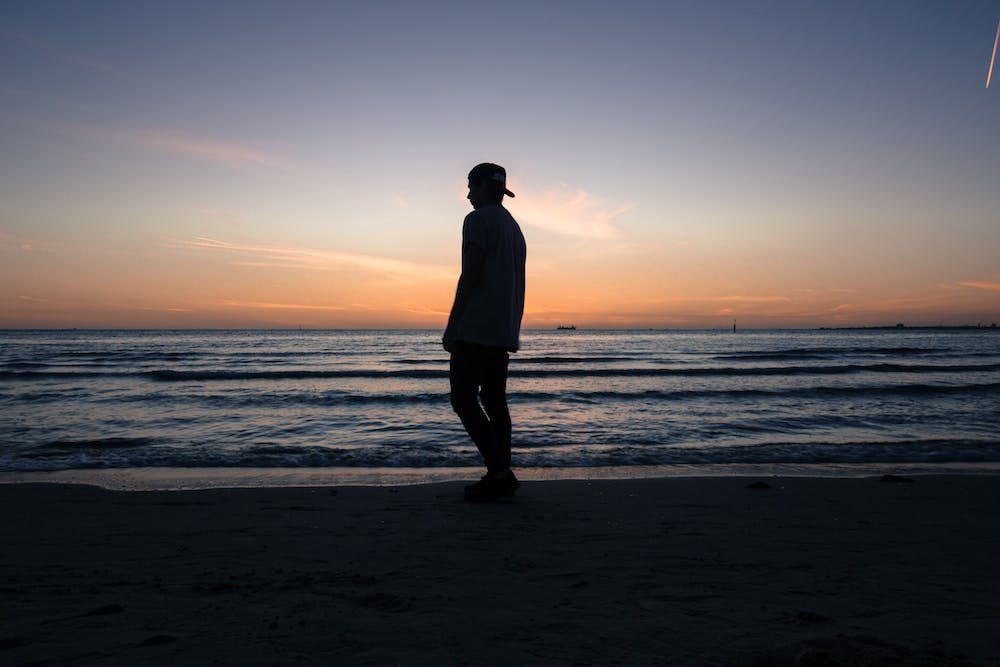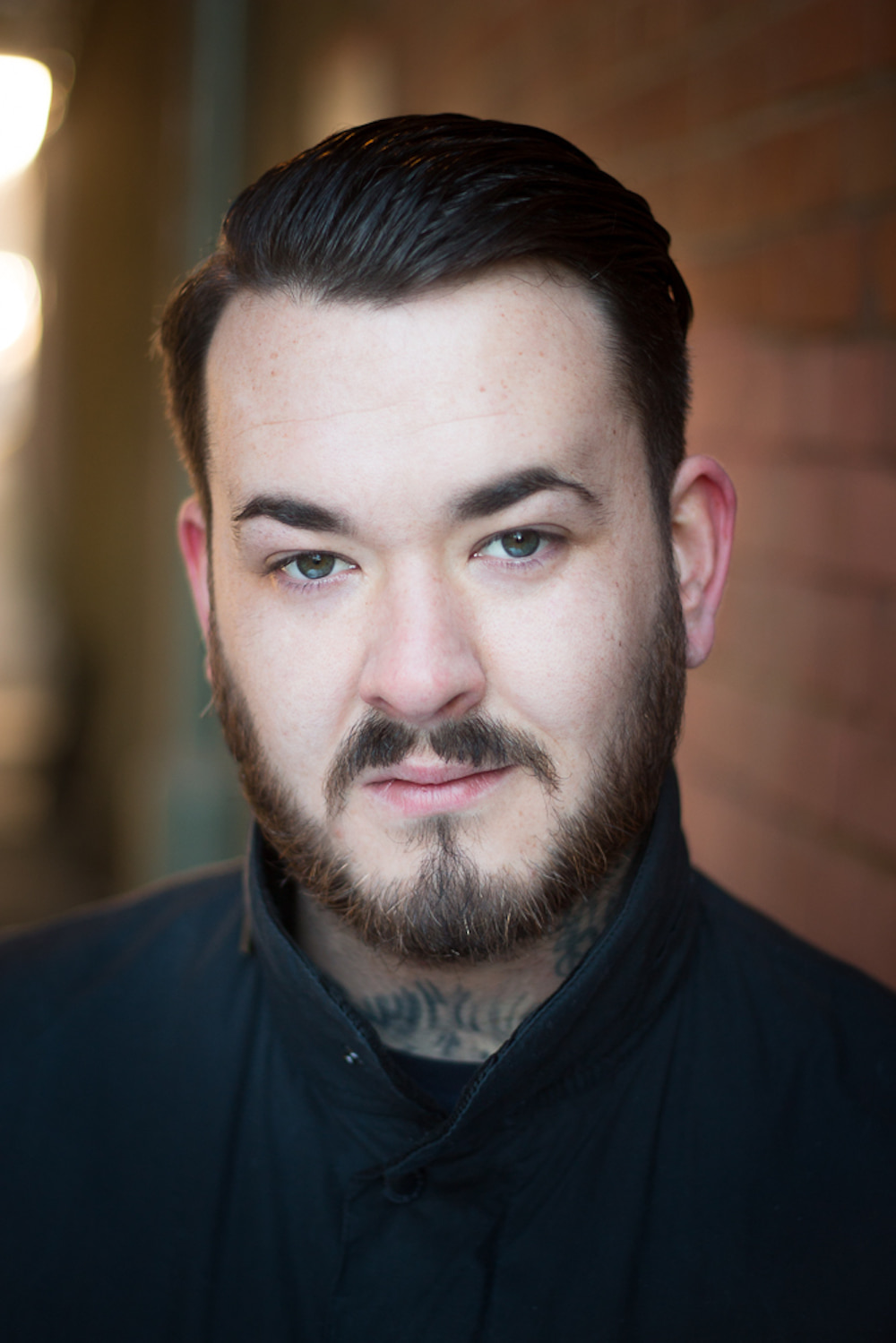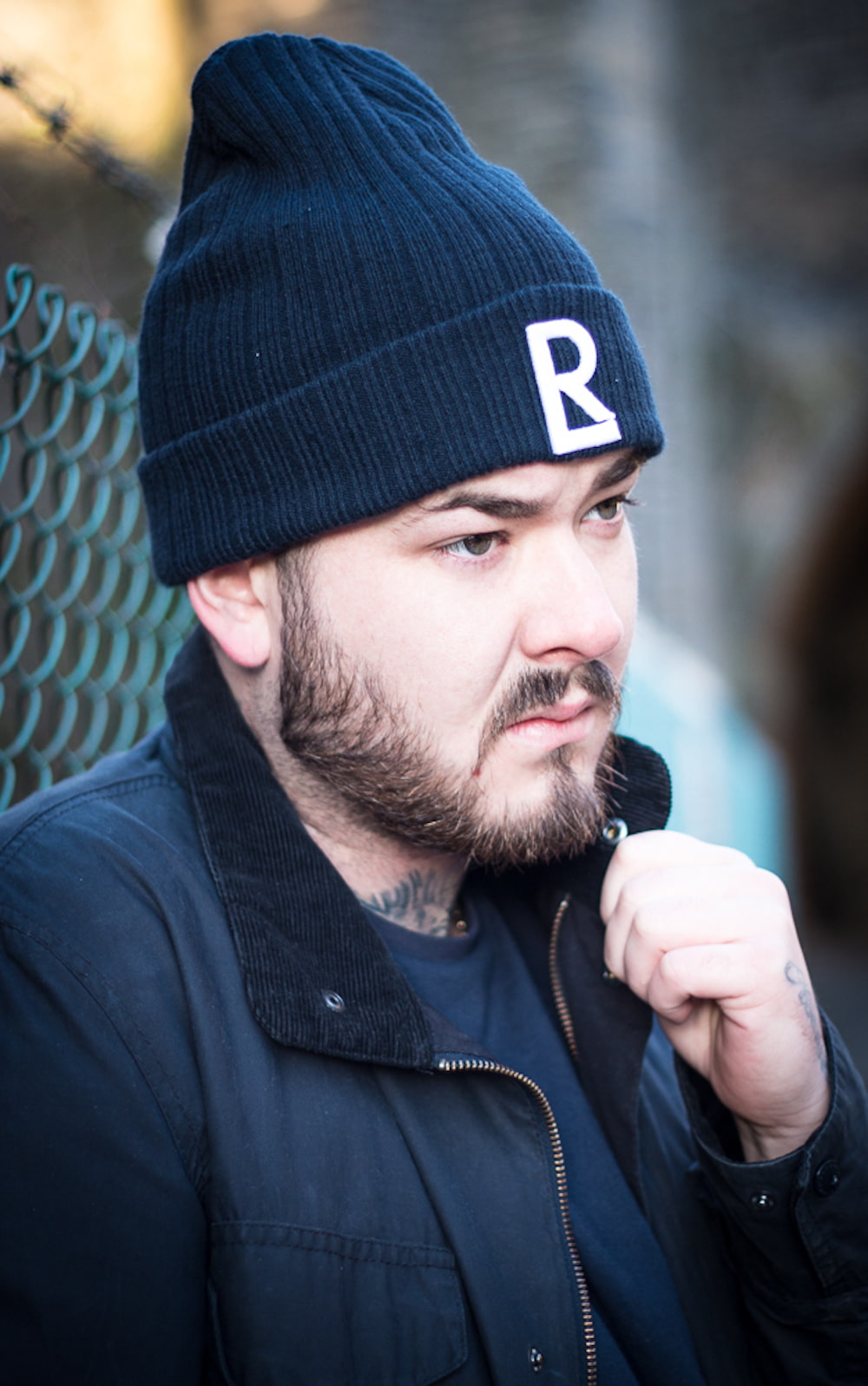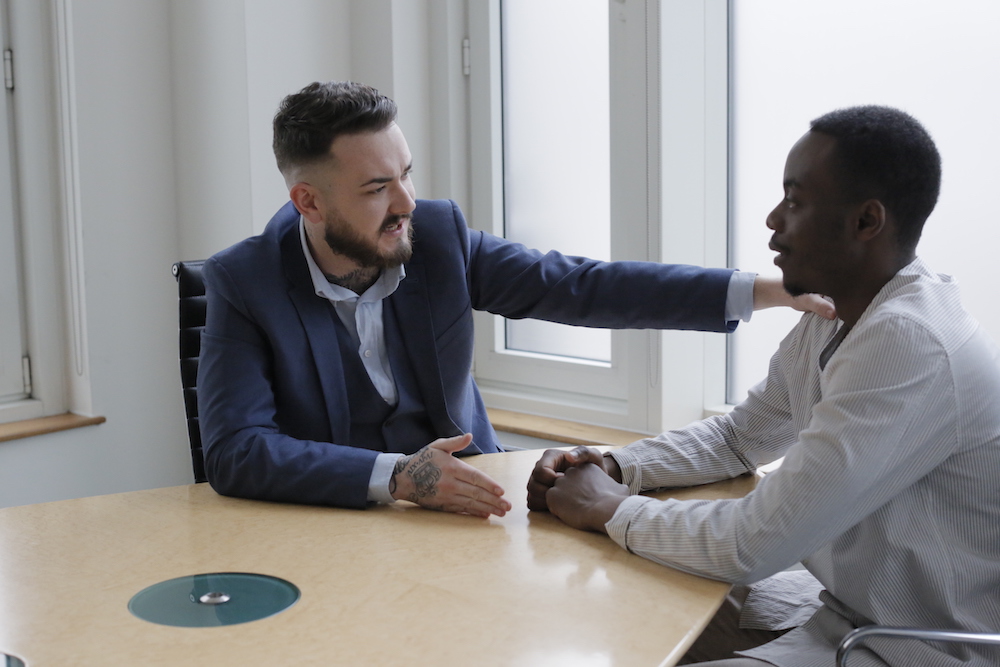
Throughout his life, Oli Regan felt like an outsider, not able to vocalise his feelings for fear of what people might think. But after finally receiving a diagnosis of ADHD, bipolar and anxiety at 25, he saw an opportunity to help himself, and speak out for other men too
Over the course of five years, I had four suicide attempts. But today I’m here, and I’ve found my purpose.
Things really began when I was around eight. I grew up as an only child – or “lonely child” as eight-year-old me would say – and often felt left out and different to the other children. Things that made the other kids happy didn’t mean anything to me. I was the loner in the playground, but I didn’t seek help; I just kept it to myself, which was the worst thing I could have done. But at that age, there wasn’t any information about mental health for me to know any better. My only knowledge of mental illness was from films – where people were locked up in a straitjacket and thrown into a padded cell.
At the time, my instinct was to suppress my feelings, which kind of worked for a while, but then when I hit 17 I knew things weren’t right. In fact, they were far from it.

Oli Regan
I began taking drugs and was drinking excessively, and looking back I just put this down to being a typical teenager. My behaviour was anything but typical though – I was always the one that took it over the top, so if someone drank a double, I’d drink the bottle. I was the type of person you’d want at the party, if only just to laugh at.
I had some friends by this point – although, they used me for money, drugs, or alcohol. But because I was craving friendship, I would allow people to walk all over me. I was left wondering: “What’s wrong with me? Why am I such a bad person that they don’t want to be a ‘real’ friend?”
Around this age, my moods became uncontrollable; I couldn’t predict how I’d feel in the next hour, let alone the next day, week or year. All this culminated in a stage of my life where I lost so many of my friends and family because of my actions when I was going through one of these “moments”. I realised something was wrong, but I was scared to talk about it. My instinct was to keep my chin up, because that’s what I was told to do by teachers, parents and my family.
I was afraid of what people would think if they found out how I was feeling though. When we starting going to house parties in our teens, I think this is why I tried to make people laugh by doing impressions, or telling anecdotes, while deep down I was hurting. Sometimes the people with the most pain hide behind the biggest smiles – which can be why it’s so hard for close ones to help with your mental health, as you can become the best actor just by being someone else in your day-to-day life.
After losing my apprenticeship at 18, splitting up with my girlfriend, and arguing with my family, I felt like a burden. I knew I was taking my problems out on my mum, and could see it was breaking her, but she didn’t understand my condition and why I was being the way I was.
I decided my family would be better off without me – not having to worry or be subjected to my despicable behaviour. So I made a plan – where to get the tablets, how many I needed, how long they would take to work, and where my mum would be so she wouldn’t find me. I planned everything in such precise detail. Then I took an overdose for the first time, and I felt free – free of all the bad thoughts. But hours later I woke up in hospital, and to my disbelief, was told by the A&E nurse that if I’d taken “X” amount of tablets, I’d have done it properly.

After hearing that, I did my best to lie my way out of any crisis team aftercare they offered. I sought help from a GP at 19 years old, but was misdiagnosed with depression, when in reality I had bipolar, anxiety and severe ADHD – which wasn’t officially diagnosed until I was 25. After years of no help, and being classed as a toerag, I ended up feeling even more isolated and left out of society than before.
During this time, I made another three suicide attempts. I couldn’t get past the feeling that I was a burden to those around me. But eventually getting the right diagnosis made me realise that I wasn’t alone.
I was offered help from a lovely charity called Bromley Y, but they are only able to support clients up until they are 21. I just didn’t know what to do with my life. I felt so useless.
But luckily, I had learned some techniques over the years so that I could start helping myself. As an actor by trade, I know I can lose myself in the roles – just as I did in playing the part of someone who’s “fine” in real life – so I use grounding techniques like interacting with the real world by focusing on smells, textures and birds tweeting. Bringing yourself into the now with these mindfulness techniques can help while you’re waiting for support, which can take a long time. Self-help has been a major factor in my recovery.
My experiences made me decide to start campaigning for men’s mental health, looking to support people from a working-class background to make sure no other young man has to feel like I did. Men’s egos let them down, and the stigma around men’s mental health is unbelievable. By doing media representation for charities, I hope to make a big change.
I was nominated for an EssexTV award for my campaign @DontManUp, and was a runner up in the Janey Antoniou 2015 awards for breaking the stigma of mental health. I even wrote and directed a film called Fractured Minds about men’s mental health, based on my own story.
After volunteering for a year with Mind and learning about mindfulness, wellbeing and mental health first aid, it’s made life worth living. I’m helping people I don’t personally know every day, which is a really humbling experience.
I’d like anyone who suffers to tell the people you trust. Keeping your feelings bottled up is like taking a fizzy drink and shaking it up – you’re going to burst at some point, so it’s better to deal with it at the time!
Helping others helps my mental health in a major way. Realising I wasn’t alone was the start of everything I do now, and there is support out there – you might just need a helping hand to get there. Our current system is failing so many people, you’ll often be waiting a long time to find your support. Learning to help yourself might make all the difference.
I hope I leave that legacy, if any, in the mental health world, and for my little boy, because if it wasn’t for him I wouldn’t have had much to fight for. My little man was born three months ago, and I’ve never felt a love like it; he’s my world. Fast-cycling bipolar is hard to deal with, but I stay steady and strong on the path I’m destined for because I know I need to be in his life. I need to be there for him as a father figure. My advice for new dads is keep on fighting for them – they need you!
Oli’s story underlines both the issues with our strained mental health services, and the powerful role self-help can play in managing mental illness. Playing to his strengths, and using grounding techniques, made a real difference for Oli. Finding a way to reach out and talk when you are suffering is important advice; shame is an emotion that thrives on secrecy and can ruin lives. Know that whatever you are experiencing, you are not wrong or unworthy. We are all unique, important, and deserving of empathy and help.

Join 100,000+ subscribers
Stay in the loop with everything Happiful

